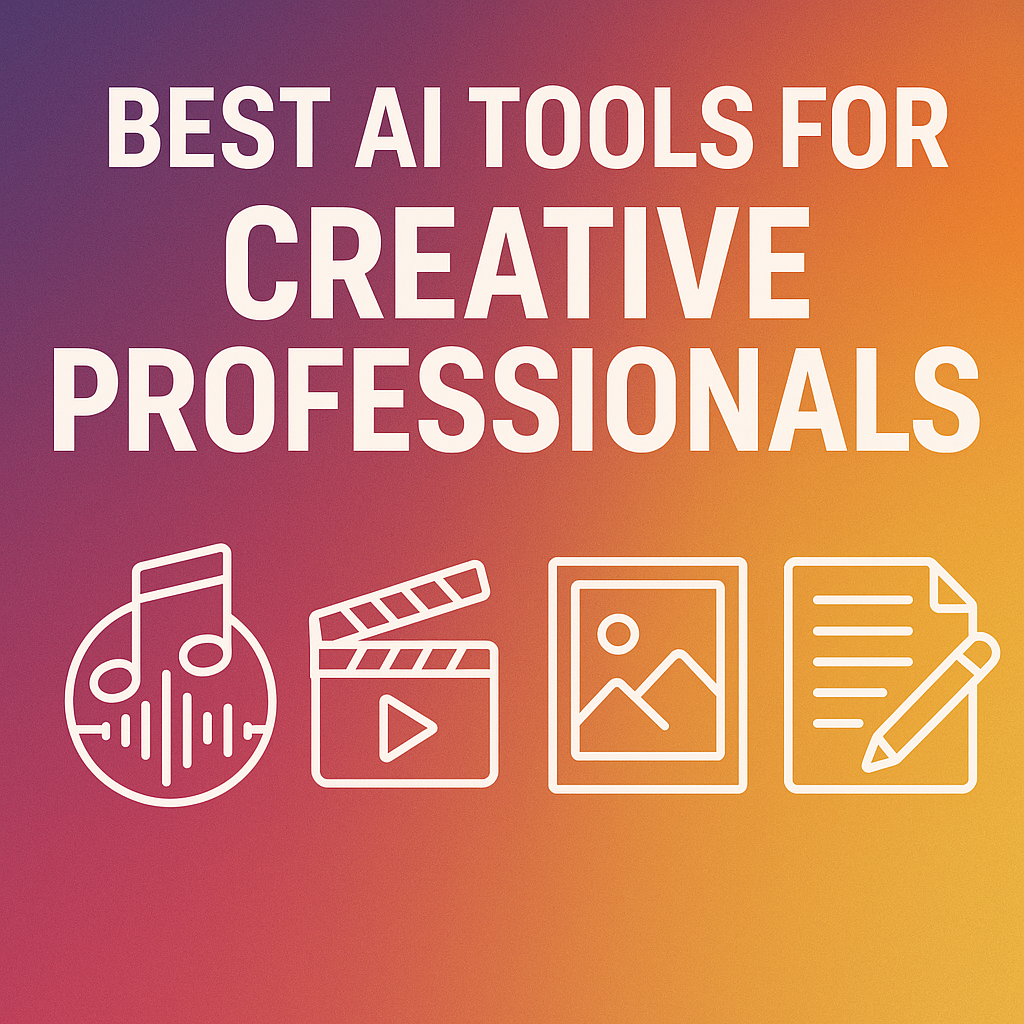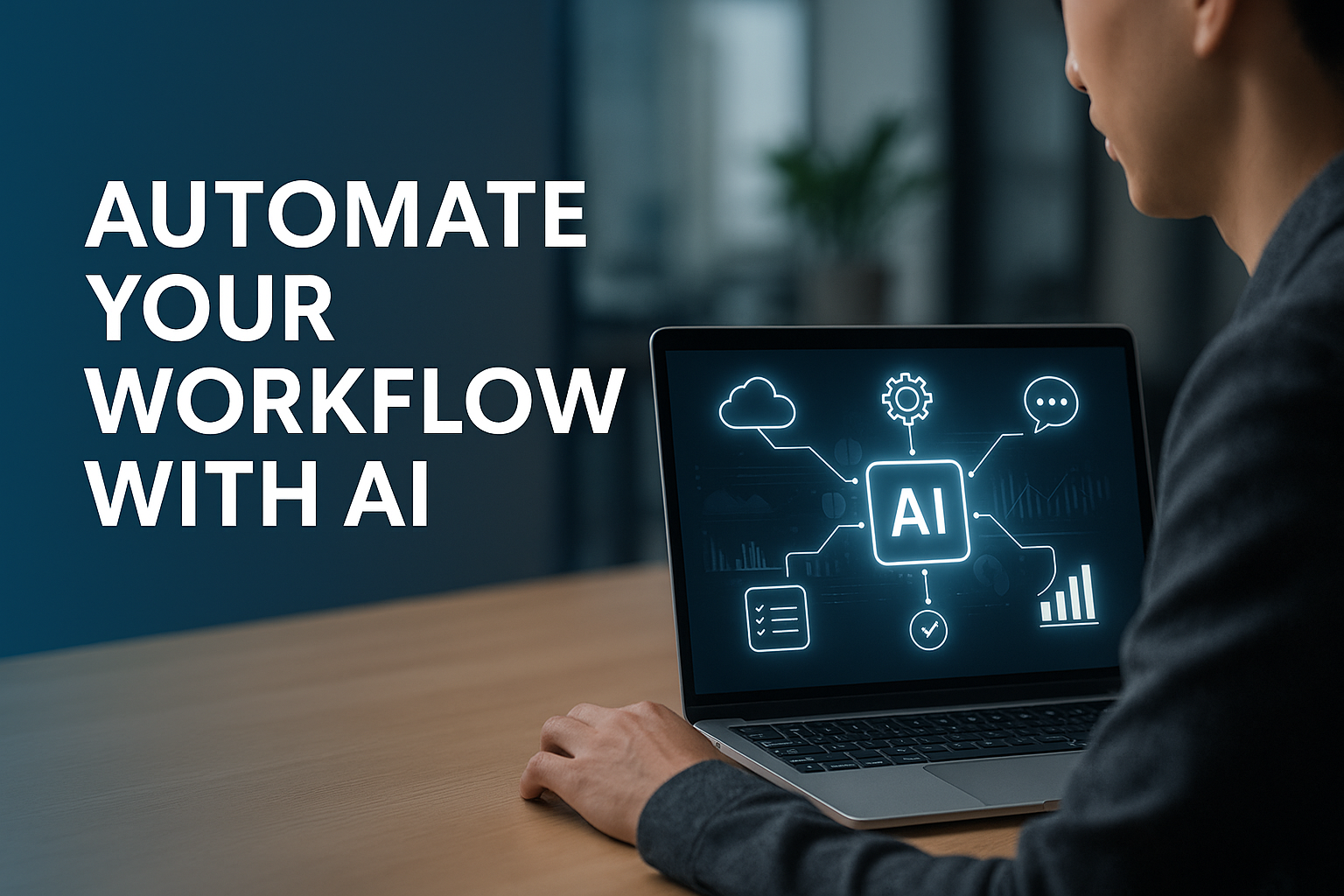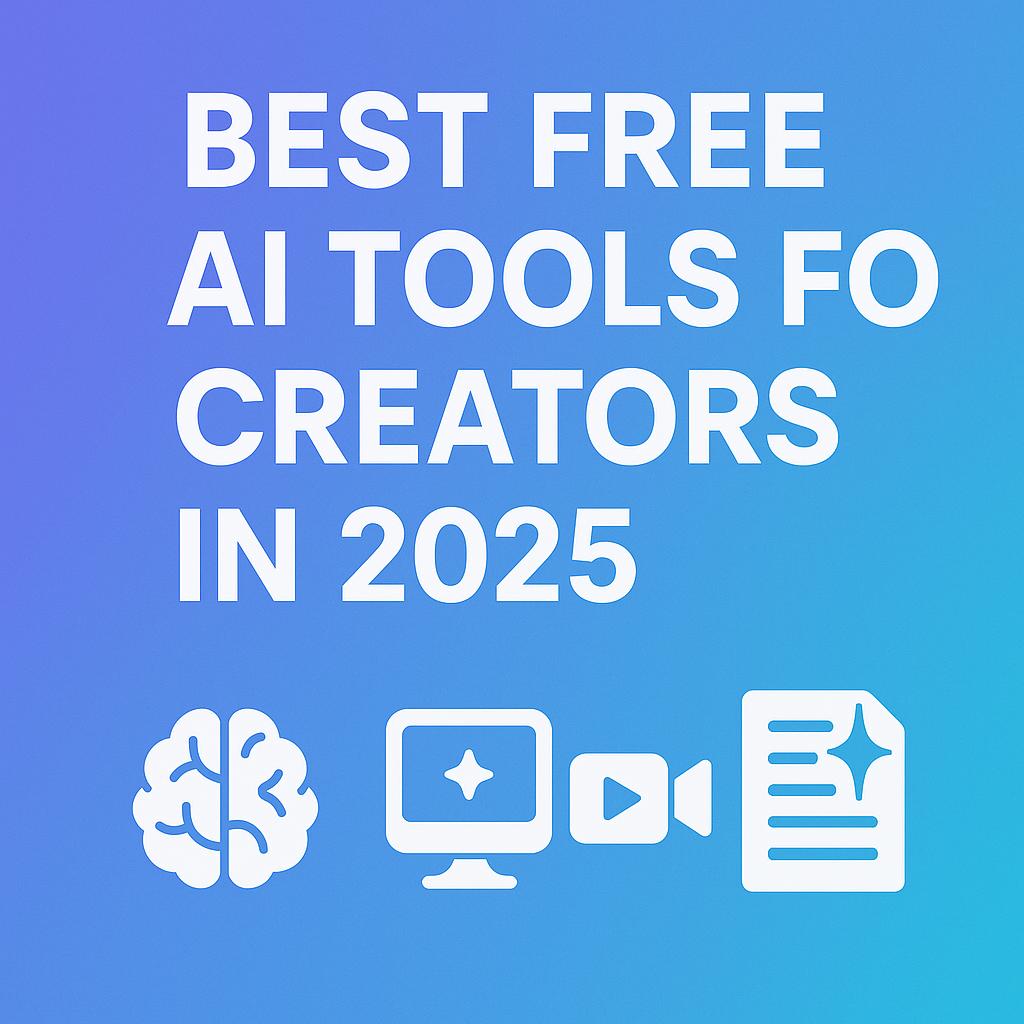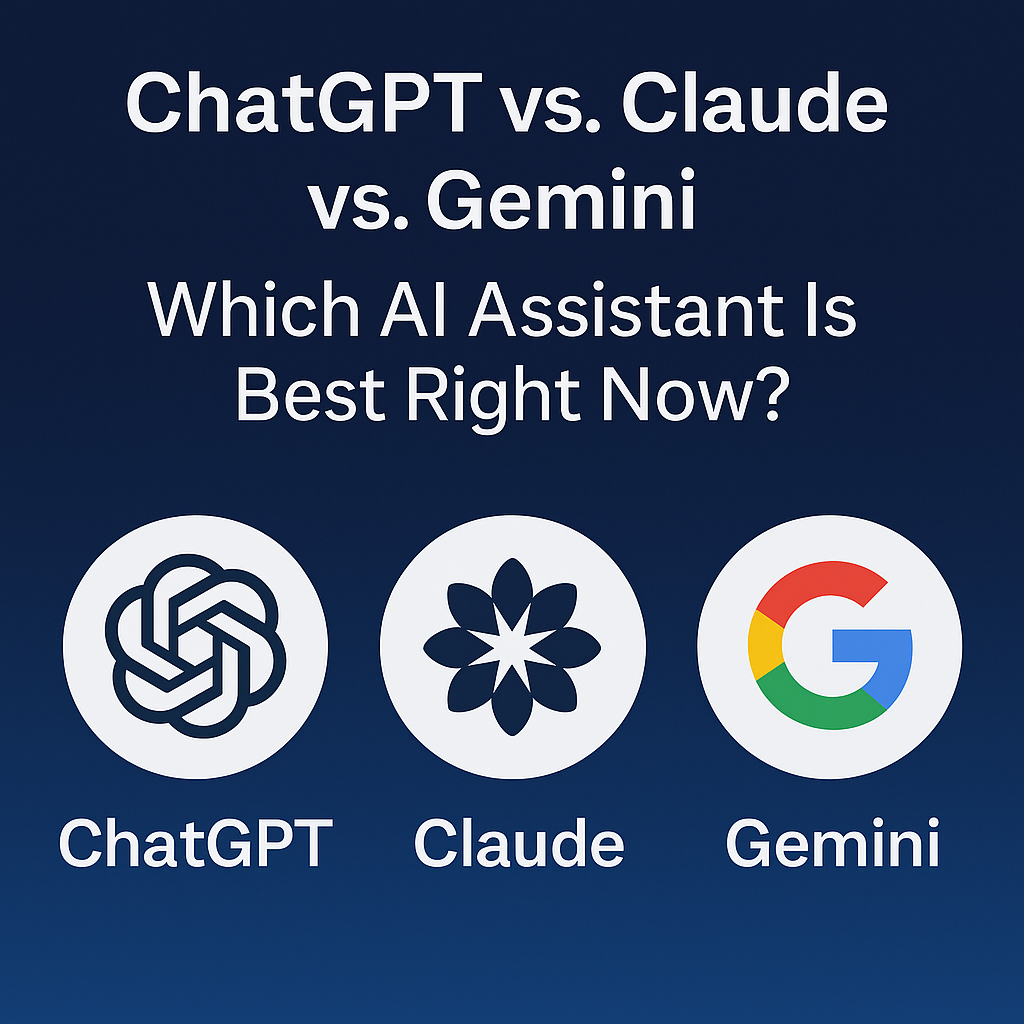Understanding AI in the Small Business Context
Artificial intelligence isn't just for Silicon Valley giants or Fortune 500 companies. Small businesses can now leverage powerful AI tools to transform their operations, boost productivity, and deliver exceptional customer experiences—all without requiring a massive budget or technical expertise. Let's dive deep into how you can implement AI solutions that will give your small business a competitive edge.
Before we explore specific tools and implementations, it's crucial to understand that AI for small businesses isn't about building complex algorithms or hiring data scientists. Instead, it's about utilizing pre-built, user-friendly platforms that harness AI's power to solve common business challenges.
Customer Service Revolution: AI Chatbots
The Power of 24/7 Customer Support
Modern AI chatbots have evolved far beyond simple automated responses. Platforms like MobileMonkey, ManyChat, and Intercom now offer sophisticated conversational capabilities that can:
Handle complex customer inquiries using natural language processing
- Book appointments and schedule meetings automatically
- Process basic orders and payments
- Provide instant product recommendations
- Collect valuable customer feedback
- Route complex queries to human agents when necessary
Implementation Success Story
A local boutique implemented a basic AI chatbot and saw a 35% reduction in routine customer service inquiries, allowing their staff to focus on more complex customer needs. Their average response time dropped from 4 hours to under 2 minutes.
Marketing Magic with AI
Content Creation and Optimization
The days of staring at a blank page are over. AI-powered tools have revolutionized content creation:
Copy.ai and Jasper: Generate engaging marketing copy, blog posts, and social media content
- Canva's AI features: Create professional designs with AI-powered suggestions
- Grammarly Business: Ensure all communications are polished and on-brand
- SEMrush's AI Writing Assistant: Optimize content for search engines while maintaining readability
Social Media Management
AI has transformed how small businesses handle social media:
Buffer and Hootsuite: AI-powered posting time optimization
Sprout Social: Content performance prediction and audience insights
Later: AI-driven hashtag recommendations and content planning
Email Marketing Enhancement
Modern email marketing platforms now incorporate AI for:
Personalized subject lines and content
- Send time optimization
- Audience segmentation
- Campaign performance prediction

Financial Management Gets Smarter
AI-Powered Accounting
Modern accounting platforms have evolved to become intelligent financial advisors:
QuickBooks AI:
Automated expense categorization
- Fraud detection
- Cash flow forecasting
- Invoice processing with OCR technology
- Xero's AI capabilities:
Bank reconciliation automation
- Payment prediction
- Anomaly detection
- Financial trend analysis
Expense Management
AI tools like Expensify and Rydoo can:
Automatically scan and categorize receipts
- Flag unusual spending patterns
- Enforce company spending policies
- Generate expense reports automatically
Sales and CRM Enhancement
Intelligent Lead Management
Modern CRM systems use AI to:
Score leads based on likelihood to convert
- Predict customer churn
- Recommend optimal follow-up times
- Generate personalized email templates
Sales Forecasting
AI-powered sales tools can:
Analyze historical data to predict future sales
- Identify seasonal trends
- Recommend inventory levels
- Optimize pricing strategies
HR and Recruitment
AI-Powered Hiring
Tools like HiredScore and Ideal can:
Screen resumes automatically
- Match candidates to job requirements
- Reduce bias in hiring
- Schedule interviews automatically
Employee Engagement
Platforms like Culture Amp use AI to:
Analyze employee feedback
- Predict turnover risks
- Recommend engagement strategies
- Track performance metrics
Practical Implementation Strategy
Step 1: Audit and Assessment
Document current business processes
- Identify time-consuming manual tasks
- Calculate potential ROI for automation
- Set clear objectives and KPIs
Step 2: Tool Selection
Research available options
- Read customer reviews
- Compare pricing plans
- Test free trials
Step 3: Implementation
Start with one department or process
- Train staff thoroughly
- Monitor early results
- Gather feedback
Step 4: Optimization
Analyze performance metrics
- Make necessary adjustments
- Scale successful implementations
- Continue staff training
Cost-Benefit Analysis
Initial Investment
Most AI tools follow subscription models:
Basic plans: $20-50/month
- Mid-tier plans: $50-200/month
- Enterprise plans: $200+/month
Expected Returns
Typical results from successful AI implementation:
20-30% reduction in manual task time
- 15-25% increase in customer satisfaction
- 10-20% improvement in sales conversion rates
- 25-35% reduction in customer service response time
Common Implementation Challenges
Challenge 1: Staff Resistance
Solution:
Involve employees in tool selection
- Provide comprehensive training
- Emphasize how AI assists rather than replaces
- Share success stories
Challenge 2: Data Quality
Solution:
Audit existing data
- Establish data entry standards
- Regular data cleaning
- Ongoing monitoring
Future-Proofing Your Business
The AI landscape is constantly evolving. Stay ahead by:
Following industry news
- Attending webinars and workshops
- Networking with other small business owners
- Regularly reviewing and updating your AI tools
Ready to revolutionize your small business with AI but want to ensure you're always ahead of the curve?
Sign Up For Our Weekly Newsletter and Get Your FREE Ebook " AI For Everyone - Learn the Basics and Embrace the Future"











